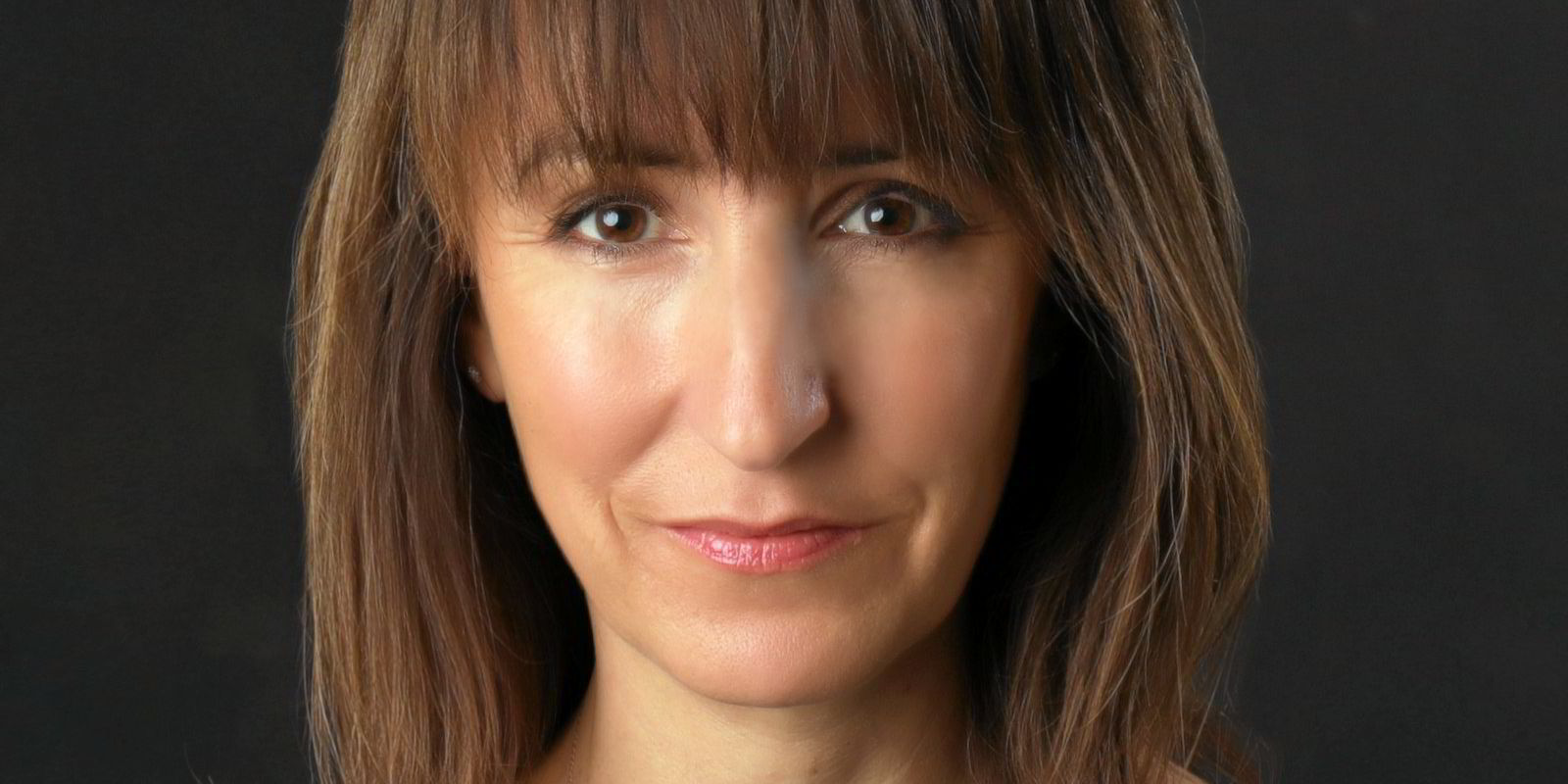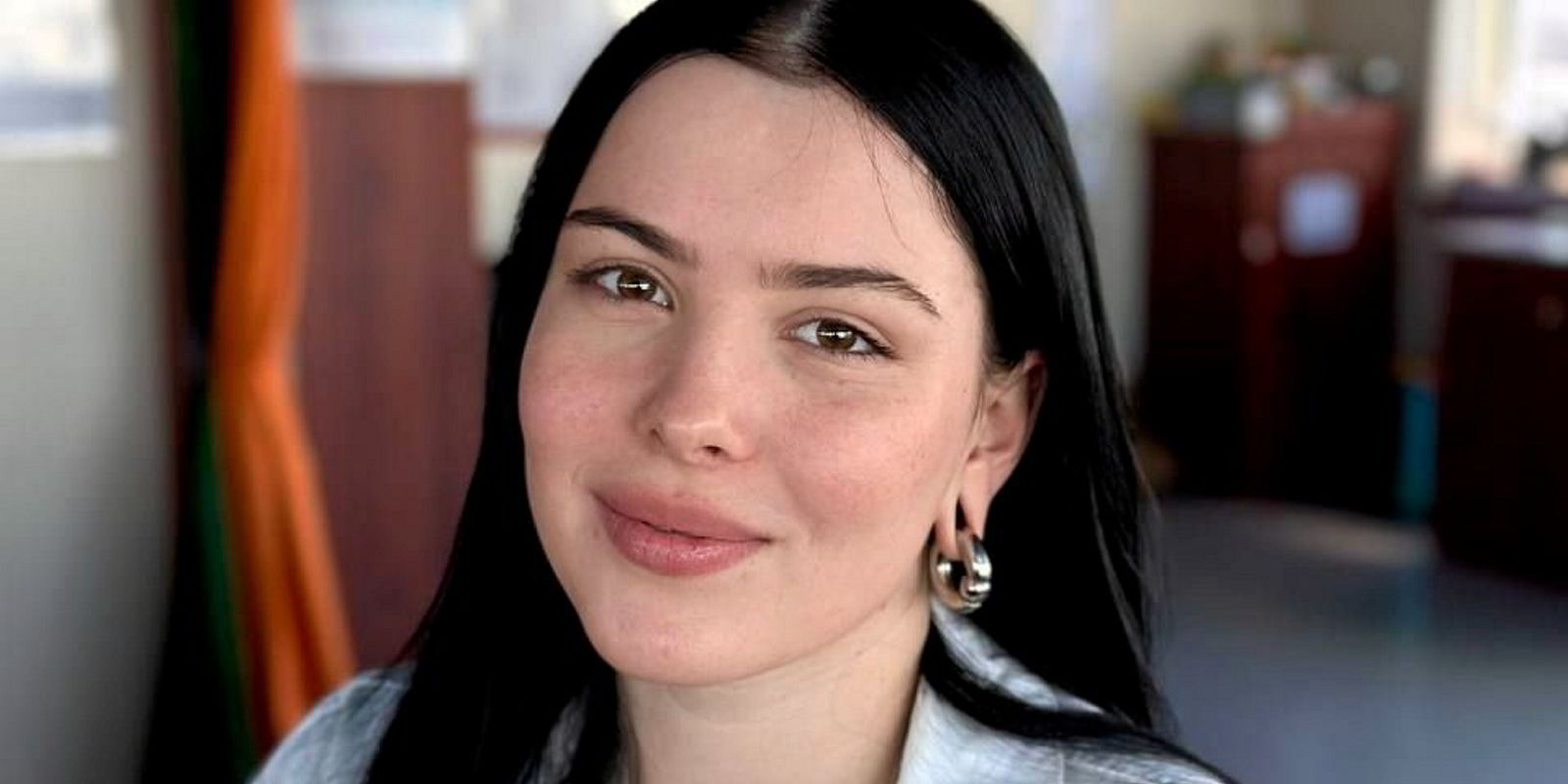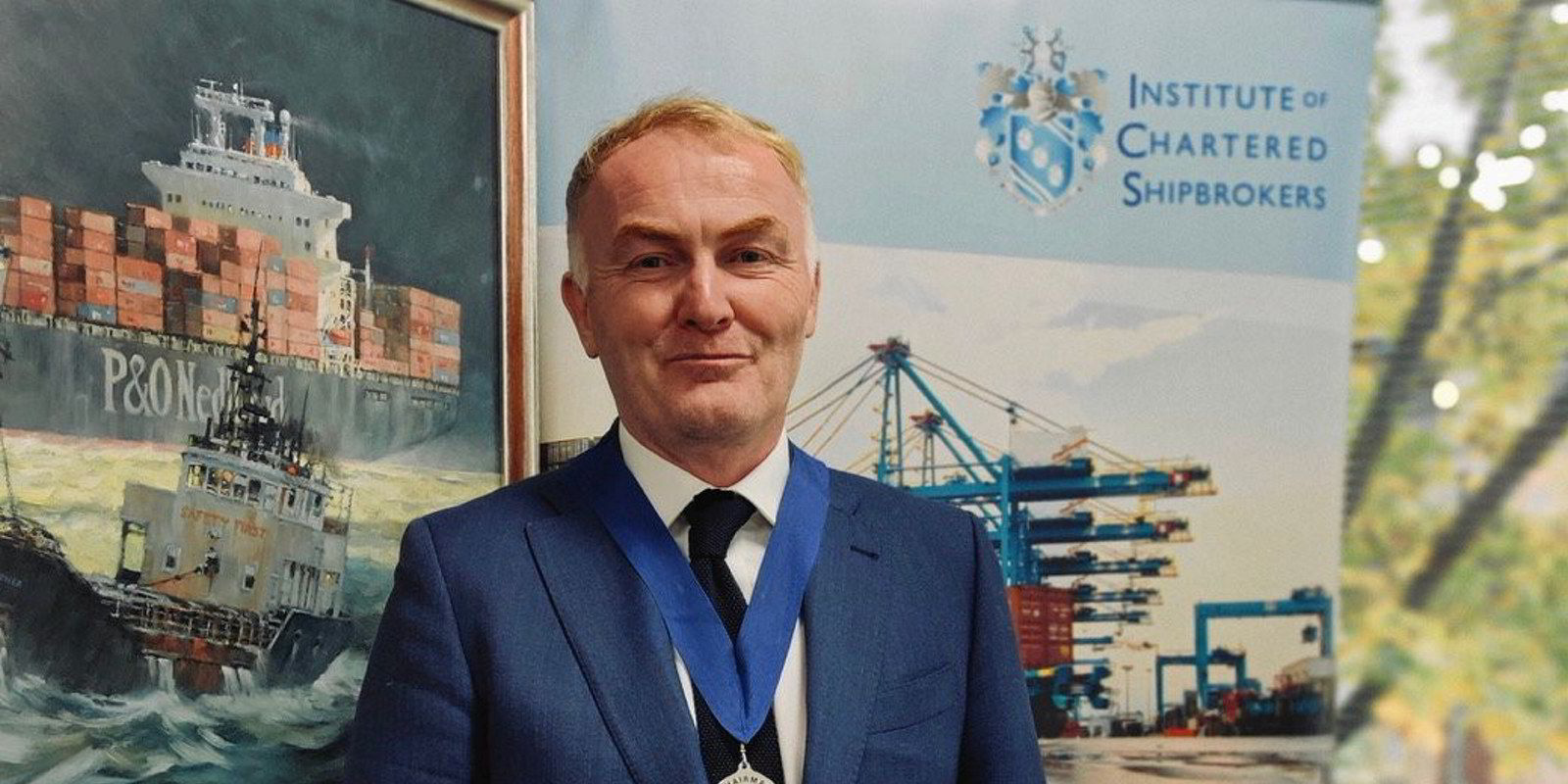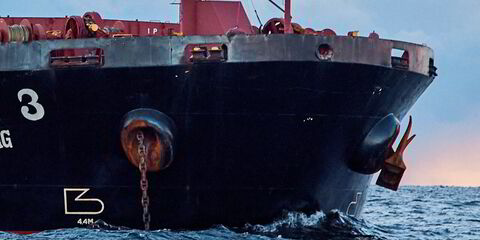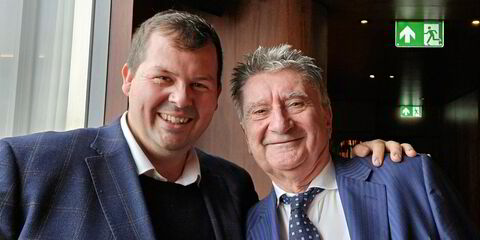Shanghai-born Elaine Yu has no time for the idea that diversity in shipping can be achieved through quotas or the like.
The Singapore-based dry bulk charterer is proud that she won her role as senior freight charterer at Australian mining conglomerate South32 through hard work and a competitive edge.
But that does not mean that Yu does not champion diversity.
Her pragmatic belief is this: shipping needs fresh blood in the workforce, and to achieve this the industry must embrace the best candidates from the broadest talent pool.
And to do this, Yu argues, the industry needs to sell itself to candidates as a level playing field for all and create a culture of inclusivity.
The subject is close to her heart in her voluntary role as chair of the Institute of Chartered Shipbrokers’ Singapore branch.
She cites a workshop programme as an example of how selling shipping can work.
“We go to the schools, we go to the universities, introducing to students the many different subcategories within shipping that they can choose as a job after graduation.
“The truth is that a lot of girls are unsure that they want to choose a shipping job as their future career path after graduation.
“They do not have the full picture of the many different job opportunities that would be a good fit for them. This is a misunderstanding we are trying to correct.
“What we are doing is introducing our courses and introducing shipping to them. We tell them it is no longer a male-dominated industry, and that it is not only open to the guys.”
Culture of inclusivity
Yu believes these outreach efforts in Singapore are working as she often meets former workshop attendees who have since joined the industry.
However, she stresses that individual companies need to look within themselves to see how they can appeal to a more diverse workforce.
“The first thing a company needs to do is create a good, more inclusive working environment that naturally will attract more diverse candidates to come in and join the team.”
Yu says this needs to come from the very top of the organisation. It requires leadership to commit to creating a culture of inclusivity.
She suggests measures include providing regular training and education to raise awareness of workplace bias and bullying, as well as to promote cultural competence within the company.
Benchmark criteria should be set each year to increase the representation of women both in the total workforce and in the leadership team.
To increase diversity when recruiting new employees, a proactive, unbiased recruitment process should be implemented that includes reviewing job descriptions to eliminate gender or ethnicity biases.
“To me, the most important benchmark for companies to improve diversity, inclusivity and belonging is to allow each individual to be seen, to be heard, and to be acknowledged,” Yu said.
“It sounds very simple, but actually it requires a full environment, full culture to support it.”
And Yu believes diversity is more than just gender, and can be integrated alongside the need to appoint the right person, hardworking and competitive, to the right job.
“When we talk about diversity, we should not just concentrate on gender diversity. We should also pay attention to age, race, education, and other forms of diversity.
Diverse expertise
“We require huge numbers of people for the jobs to be done, whether it’s onshore or offshore. Just imagine how many complex subcategories of jobs we have in shipping,” she said.
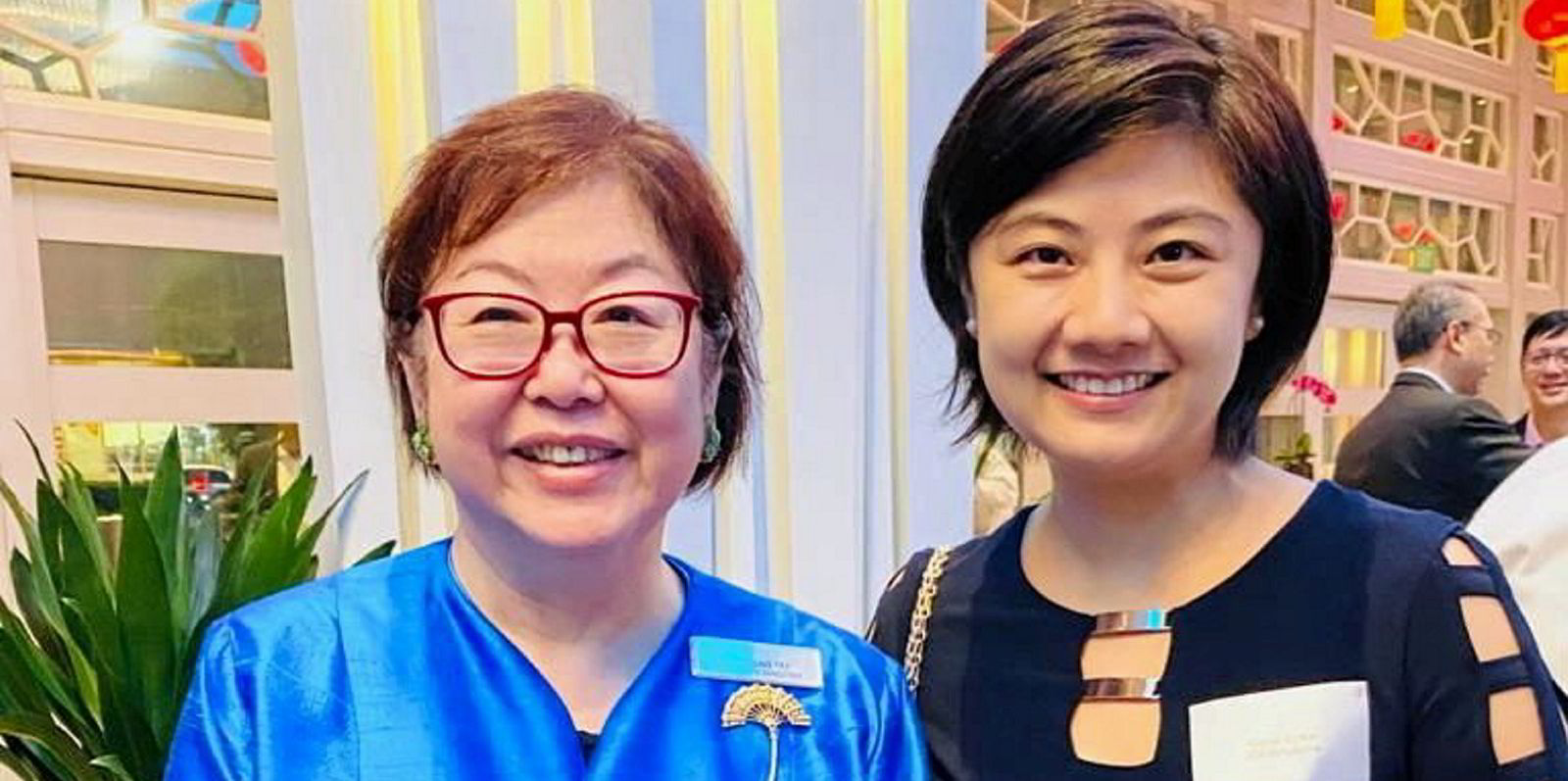
Addressing the issue of progress on gender diversity, Yu cites both anecdotal evidence and industry data showing that the percentage of women is growing in different categories of shipping jobs.
She notes that the ICS is seeing more women members, and although men are in the majority, she believes its gender ratio reflects the current balance in shipping.
“My experience and observations within the shipping industry over the years is that people are hired because they are competitive. When we talk about diversity, we have to be practical.
“The only criteria for recruitment for a job is whether the person is qualified and fit for the role. We need the right person to get the job done. That is what counts,” she said.
“In terms of the trainee programmes, sometimes you will see one man and one woman, and sometimes two women, and sometimes two men.
“I do not think these two women were picked up just because of a gender diversity agenda. I think they were very likely selected because they were more competitive than the other candidates, but maybe next year two men are more competitive and they will get selected.”
From law to chartering
Yu’s ambition was to be a maritime lawyer when she enrolled in the Shanghai Maritime University’s law faculty in 2003.
It was not the career path she would eventually pursue, but it led her on a journey in shipping that she believes has been both successful and satisfying.
“Before I graduated, I realised that international maritime law adopted the UK law mechanism, which does not match the Chinese law. That would have forced me to continue studying in the UK, but I wanted to start working,” she explained.
During her time at university, Yu worked part-time at Danish shipowner Norden as a charterparty drafter and checker. She joined the company as a trainee after graduating.
It was a two-year international traineeship programme, with the first year in Norden’s Shanghai office, and the second year in the company’s Copenhagen headquarters.
Yu said she was surprised by the positive working environment at Norden.
“The biggest surprise was how much authority they gave to each trainee. I started on the chartering desk and three months after joining I was in charge of booking their handysizes on trade routes from the Pacific to South Africa.
“I was given full authority. I did not expect this because I was still a trainee. I hadn’t even passed my probation period. My first fixture was a timber cargo and the freight rate was over $1m. That’s a lot of money.”
Yu said the Norden trainee programme encouraged participants to gain practical knowledge of shipbroking and recognise their own capabilities.
In 2010, after completing the trainee programme, Yu moved to Singapore where she worked for Norden for the next five years.
After a long stint in shipowning, she felt it was time to explore chartering. She moved to French multinational utility company Engie, where she was put in charge of chartering ships for their coal and biomass cargoes.
After nearly seven years in Engie’s Singapore office, Yu was up for another challenge.
In January 2022, she joined BHP spin-off South32 as senior freight charterer. She is currently in charge of shipping alumina and concentrates cargoes from Australia.
Despite her busy workload, Yu has continued to play an active role in industry organisations throughout her career.
She dedicates her time as a tutor at the Singapore branch of the ICS, where she presently serves as the chairperson.
Additionally, since completing the international arbitration programme at the National University of Singapore’s law faculty in 2018, she has actively participated as a member of the Singapore Chamber of Maritime Arbitration.
Asked what advice she gives to anyone joining the shipping industry, Yu said everyone must choose how they want to live.
“Nobody needs to achieve a leadership role to be officially defined as a successful person. As long as they are happy, they are confident and they feel satisfied with themselves, then that’s my definition of happiness,” she said.

